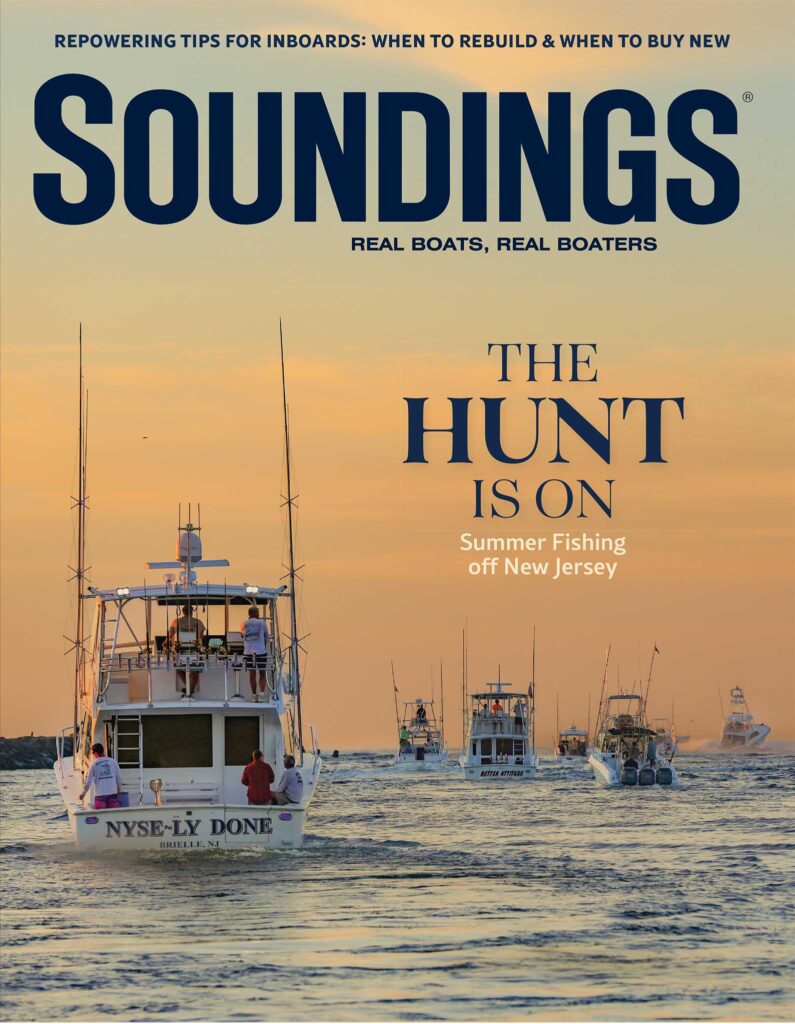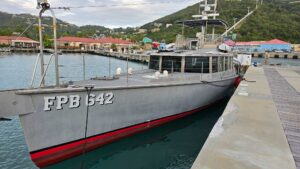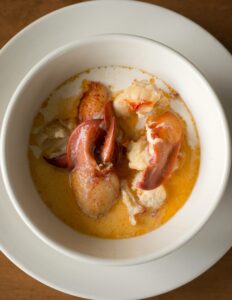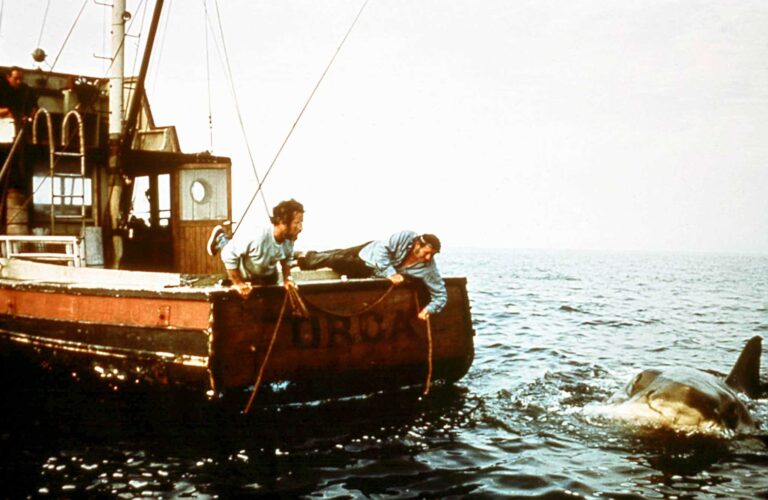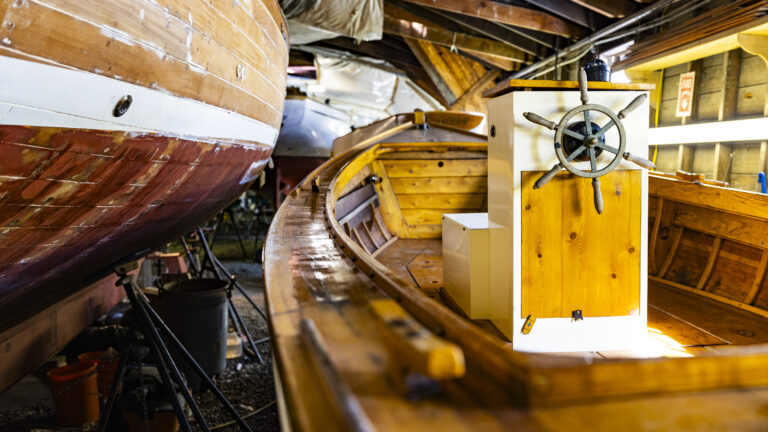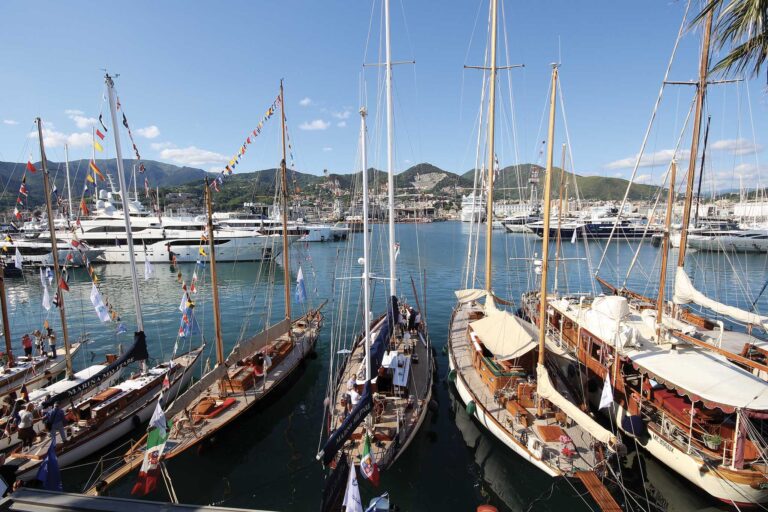The drawbridge at Cape Canaveral, Florida, opened on schedule, but unfortunately for an approaching sailboat, the bridge tender was a stickler.
“We were really pushing to make it,” Allie Alsup recalls. When her vessel was just two minutes away, she saw the span closing. “There were squalls coming, so we had planned to anchor on the other side of the bridge in a protected area. But we had to wait an hour and a half for the bridge to reopen, in a three-foot chop, so we could get to the anchorage that was right over there,” she says.
It was the final leg of a trip down the Intracoastal Waterway (ICW) aboard Endeavor, a Catalina 380, for Allie, 26, and Debbie Alsup, 56, her mother. With them were Debbie’s parents who were taking an unconventional route to spending the winter in Florida.
The trip was a benchmark for the mother-daughter team, who had sailedtogether since Allie’s childhood. “On that trip she was not just helping. She was able to pitch in on everything,” says Debbie. “I knew when she was at the helm that we were all right.”
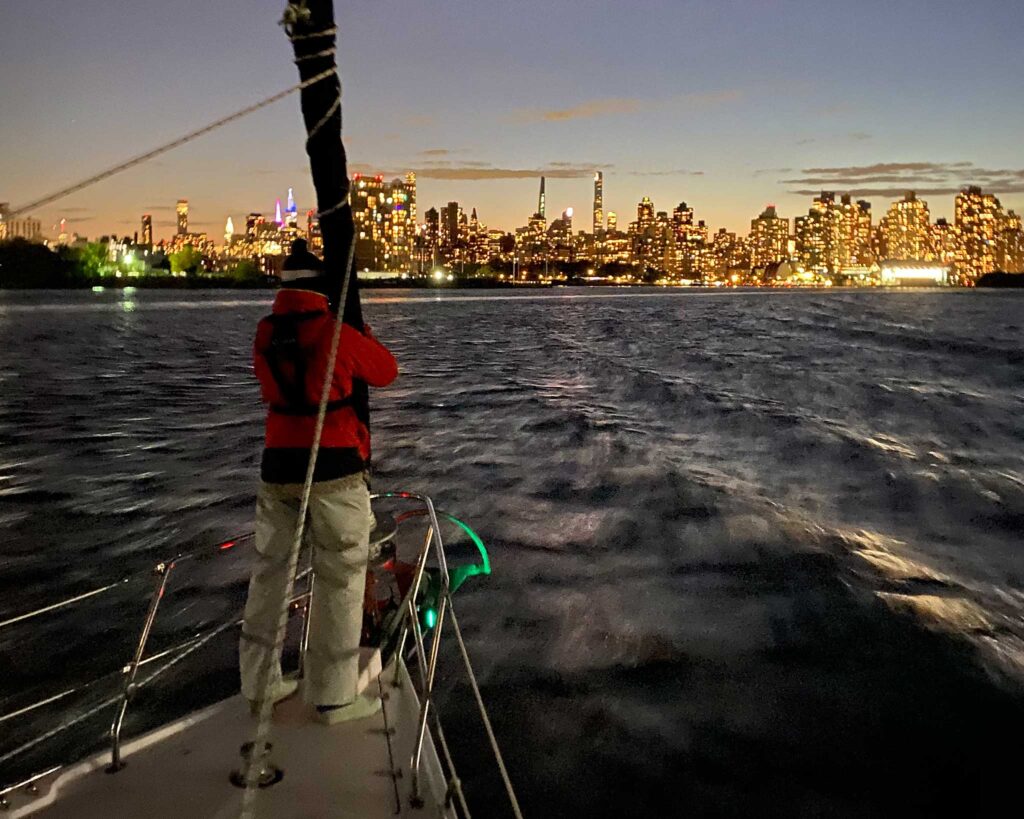
Sailing & Family Life
Sailing has been a mainstay of Alsup family life. Debbie learned the sport as a child, although she preferred to ride horses. A generation later the same happened for Allie, who was engrossed in track competitions through high school and college yet spent lots of summer days on boats at Block Island and Long Island Sound.
The summer after Allie graduated from the University of Connecticut, mother and daughter lived on Endeavour at Block Island while they took shifts driving the Oldport Marine launch in the boat basin. Debbie’s son and Allie’s brother, Spencer, was also nearby, living on his own Catalina 27 with a cousin while working on the island.
That fall they went south. Neither had taken the ICW before, and they quickly grasped that it can be more intense than offshore sailing because there is a lot to learn, on the go. While they sorted out responsibility for navigating and researching anchorages, they realized how important it was to be alert for shoaling, cross currents and distances between fuel stops. Drawbridges were yet another obstacle to overcome, so standing watch at the helm meant staying abreast of the ever-changing characteristics of the waterway.
It also meant being ready to pivot without a second thought. One day, they watched a boat near them run aground in the middle of a channel and had to act quickly to avoid the same fate. At other times, Debbie and Allie followed similar-size boats for assurance of sufficient depth.
Today, knowledge of navigating the ICW provides an immediate bridge to the clients Allie meets as social media and marketing manager for Sabre and Back Cove yachts in Raymond, Maine. Yet Allie doesn’t miss a beat talking about the mariner she admires most, her mom.
“My sailing and crewing background helps me in a lot of ways. It has provided me with transferable skills, which were given to me by my mom, as well as a sort of humble confidence that I need in this professional role, since I don’t have years of experience. But I know I’m capable of figuring it out,” she says. “It’s cool to see all the ways that sailing and a close relationship with my mother got me to where I am now.”
The ICW experience solidified their bond as mariners, but Allie still defers to Debbie’s superior knowledge and skills. She beams with pride when describing her mom’s sailing CV, which includes a Fastnet race, a trans-Atlantic passage and four Newport-Bermuda races.
“She ran Swans and J-24s,” Allie says. “When I did the Block Island race, I saw a lot of the boats she raced on.”
Tutored by an Expert
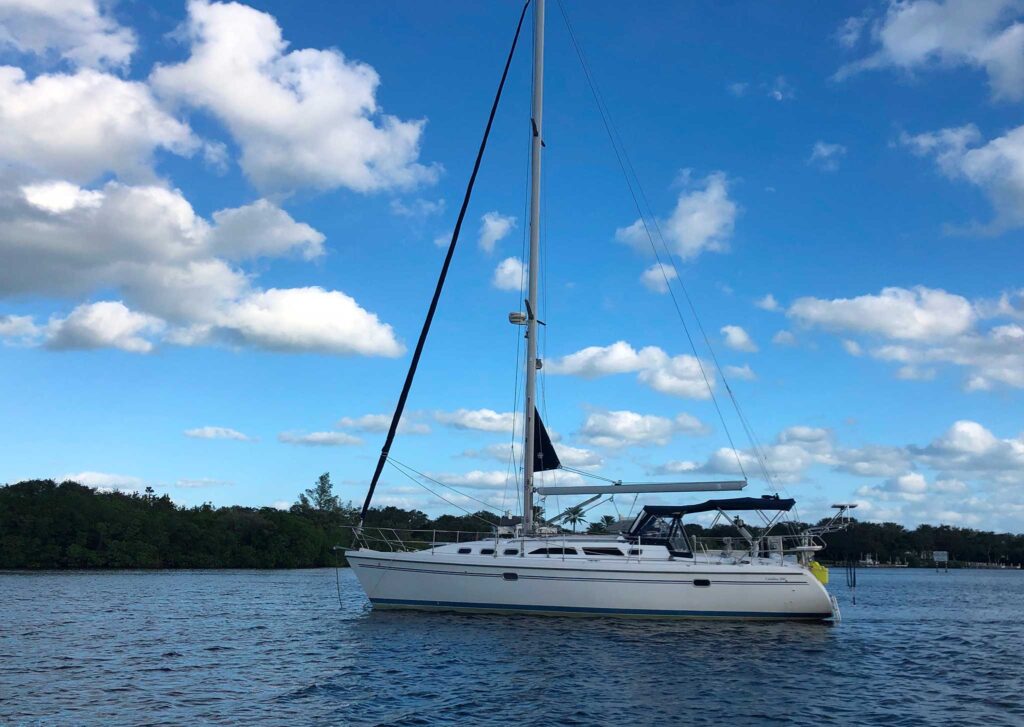
In fact, Allie was not just learning at the knee of an enthusiastic sailor, she was being tutored by one of few women who hold a 100-ton USCG captain’s license. Debbie earned the qualification in 1997 when crewing on a sailboat in the Caribbean. She later skippered private yachts and worked as a delivery captain. An empty nester, she now balances working commitments that include testing Freedom Boat Club members in Connecticut and running her own canvas shop.
Allie may not know it, but her connection to sailing was charted before she was born.
“My husband Steve’s first experience sailing was racing on a J-44 with me in Newport, Rhode Island, and he loved it,” Debbie says. That increased her confidence in their future together, which, years later, included him taking her place at the helm during a Bermuda trip when she was too pregnant with their son Spencer to be comfortable offshore.
Together, Debbie and Steve managed family sailing trips, organizing them around his work schedule and Allie’s track competitions. (That paid off: Allie ran a sub-5-minute mile and excelled at the 800-meter sprint. As a college senior, her team won the Big East Track and Field Championship, including a podium finish for Allie’s 4 x 800 relay team.) The family sold their first Catalina 380,
Oceania, to pay Allie’s college tuition. For a while they spent time on sailboats owned by uncles and aunts, but soon bought Endeavour. The latter was sold in Florida after the ICW trip. Today, the family cruises on a powerboat.
Family sailing, says Allie, really enhanced her boat-handling skills. She participated in several deliveries as an extra hand for Debbie and worked a stint as professional crew on a 250-foot Feadship, although after just a week she knew that type of boating wasn’t for her.
This summer, Allie is pursuing another aspect of Debbie’s legacy by racing on Wednesday nights in Falmouth, Maine.
“She’s easy to get along with,” says Debbie. “I was thrilled she could help on the ICW. I knew her abilities and that she was a solid person to crew. My parents are great, but it isn’t easy for them to help out anymore. Sailing is our family tradition.”
August 2025

